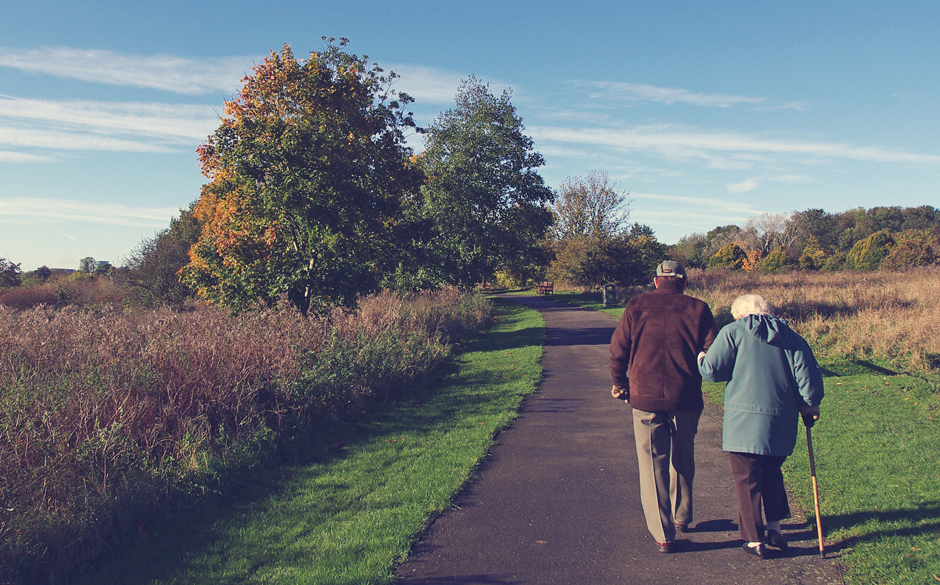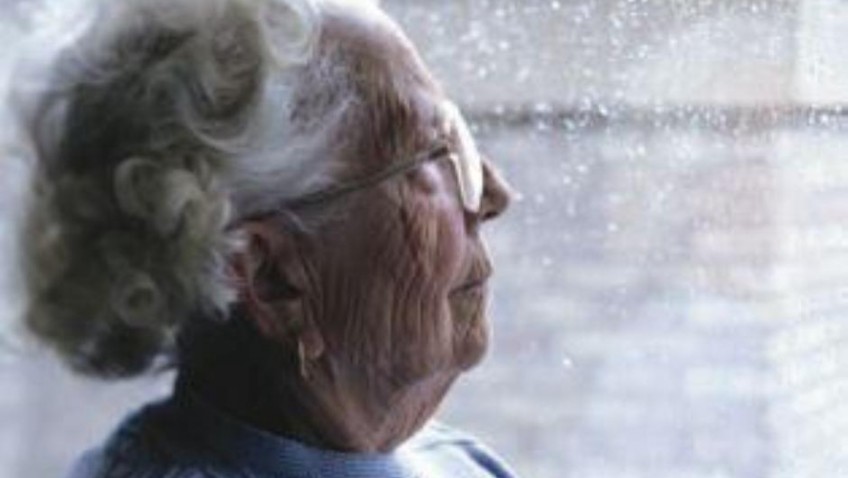Over a million people in the UK feel chronically lonely, that is either most, or all of the time. Loneliness and isolation in older age is a serious public health issue and increases the risk of conditions such as dementia, high blood pressure and depression.
This in turn increases the demand on health services. Those experiencing loneliness are more likely to use Accident and Emergency, or visit their GP and use more medication. 76% of GPs report that between 1 to 5 patients come to their surgery because they are in desperate need of company.
Loneliness is a bigger problem than simply an emotional experience. Research shows that lacking social connections has a comparable risk factor for early death to smoking 15 cigarettes a day, and is worse for us than well-known risk factors such as obesity and physical inactivity.
In a new survey, The Campaign to End Loneliness estimates nearly 2.5m people over 60 (16%) would not know where to go for help if they were feeling lonely, and predicts it is likely to worsen with nearly 1 in 5 (19%) over 60 year olds expecting to be socially detached as they get older.
The Campaign’s warning follows calls from NHS leaders last year for more support to curb loneliness to ease pressures on hospital A&E departments over the Christmas period, after emergency admissions reached record levels.
 Socially isolated
Socially isolated
Prof Keith Willett, NHS England’s Director for Acute Care last year cited a study in South West England showing that 45% of patients over 75 admitted as an emergency said they were socially isolated.
The Campaign says that health services and charities need to work closely to make older people more aware of what support is available to tackle loneliness this winter, like befriending services from members of the Campaign, such as UK charity the Royal Voluntary Service.
According to Age UK, more than 2 million people in England over the age of 75 live alone, and more than a million older people say they go for over a month without speaking to a friend, neighbour or family member.
People can become socially isolated for a variety of reasons, such as getting older or having decreased mobility, no longer being the hub of their family, leaving the workplace, the deaths of spouses and friends, or through disability or illness.
Whatever the cause, it’s shockingly easy to be left feeling alone and vulnerable. Someone who is lonely probably also finds it hard to reach out. There is a stigma surrounding the condition, and older people tend not to ask for help because they have too much pride.
It’s important to remember loneliness can – and does – affect anyone, of any age. Here are ways for older people to connect with others and feel useful and appreciated again.
Smile, even if it feels hard
Grab every chance to smile at others or begin a conversation – for instance, with the cashier at the shop or the person next to you in the GP waiting room. If you’re shy or not sure what to say, try asking people about themselves.
Invite friends for tea
If you’re feeling down and alone, it’s tempting to think nobody wants to visit you. But often friends, family and neighbours will appreciate receiving an invitation to come and spend some time with you.
If you would prefer for someone else to host, Contact the Elderly is a charity that holds regular free Sunday afternoon tea parties for people over the age of 75 who live alone. You will be collected from your home and driven to a volunteer host’s home for the afternoon. Apply online or call Contact the Elderly on 0800 716 543.
Get involved in local community activities
These will vary according to where you live, but the chances are you’ll have access to a singing or walking group, book clubs, bridge, bingo, quiz nights and faith groups.
Fill your diary
It can help you feel less lonely if you plan the week ahead and put things in your diary to look forward to each day, such as a walk in the park, going to a local coffee shop, library, sports centre, cinema or museum.
 Get out and about
Get out and about
Don’t wait for people to come and see you – travel to visit them. One advantage of being older is that public transport is better value. Bus travel is free for over-60s across the UK. And for longer distances, train and coach travel can be cheap, too, especially if you book in advance online and use a Senior Railcard.
The Royal Voluntary Service can put you in touch with volunteers who provide free transport for older people with mobility issues or who live in rural areas with limited public transport.
Help others
Use the knowledge and experience you’ve gained over a lifetime to give something back to your community. You’ll get lots back in return, such as new skills and confidence – and, hopefully, some new friends, too.
There are endless volunteering opportunities that relish the qualities and skills of older people, such as patience, experience and calmness. Examples are Home-Start, Age UK, helping in a local charity shop or hospital, Citizens Advice and school reading programmes.
Keep in touch by phone
Having a chat with a friend or relative over the phone can be the next best thing to being with them. Or you can call The Silver Line, a helpline for older people set up by Esther Rantzen, on 0800 470 8090.
You can also call Independent Age on 0800 319 6789, Age UK on 0800 169 2081, or Friends of the Elderly on 020 7730 8263 to receive a weekly or fortnightly friendship call from a volunteer who enjoys talking to older people.
Community Network brings people together on the phone each week. To join or start a telephone group, call 020 7923 5250.




